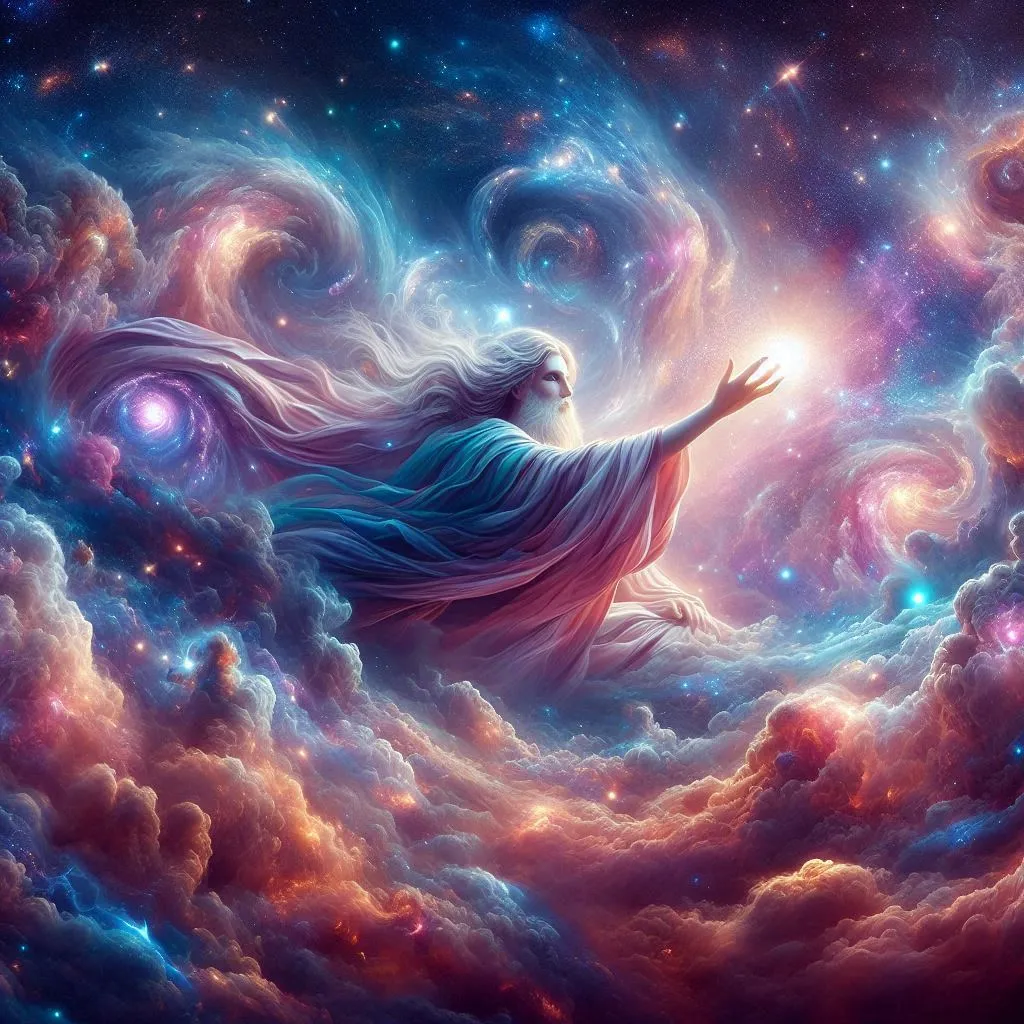
The Christian view on creation is rooted in the belief that God is the ultimate Creator of everything, as described in the Bible. This perspective is primarily based on the opening chapters of Genesis, which detail how God created the heavens, the earth, and all living beings. Christians believe that creation reflects God's power, wisdom, and love.
However, there are diverse interpretations within Christianity regarding the specifics of creation:
1. **Young Earth Creationism (YEC)**: This view holds that the universe was created by God in six literal 24-hour days, as described in Genesis. Proponents believe the earth is relatively young, typically around 6,000 to 10,000 years old.
2. **Old Earth Creationism (OEC)**: This perspective accepts scientific evidence for the earth's age, interpreting the "days" in Genesis as long periods literal days. It maintains that God directly created life but over a longer timescale.
3. **Theistic Evolution**: This view reconciles faith with evolutionary science, suggesting that God used evolution as a tool to bring about the diversity of life. It emphasizes God's sovereignty over the process.
4. **Intelligent Design (ID)**: This approach argues that certain features of the universe and living things are best explained by an intelligent cause rather than random processes, highlighting evidence of design in nature.
5. **Framework Interpretation**: This interpretation sees the Genesis creation account as a poetic or symbolic framework, emphasizing theological truths rather than a scientific explanation.
Each of these views seeks to honor the biblical account while engaging with scientific discoveries in different ways. At the core of all these perspectives is the belief that God is the source of all life and that creation reveals His glory and purpose.
Does one of these perspectives resonate with your theological reflections? Or would you like to explore how these views connect with broader Christian teachings?
- Log in to post comments